by Peg Aloi
This year’s nominations are, perhaps fittingly, emblematic of the universal theme of human struggle, often portrayed in very intimate ways. Certainly, the world is engaged in a multitude of struggles now, from the ongoing pandemic to climate change to violent warfare to widespread environmental damage to erosion of basic human rights. We look to cinema not only to document and dramatize human struggle, but to reaffirm our collective concern, to catalyze hope, and to inspire us to action. I’d like to acknowledge a selection of these films as they relate to these themes.
Some film narratives that address specific problems in a focused and direct way: we look to the documentary form to shed light on real-life issues, and to profile people involved at all levels, from causation to activism. This year’s documentary nominations portray a roster of individuals whose lives and work are dedicated to various struggles.
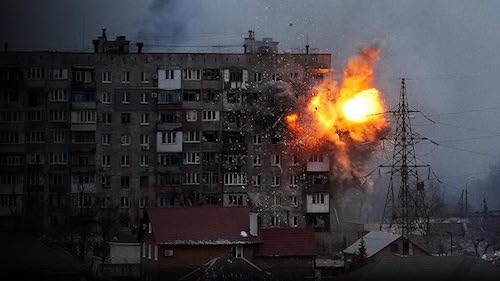
20 Days in Mariupol has already won numerous prestigious awards, adding the Academy Award just this past weekend, and is a timely, vivid portrayal of the early days of the Russian invasion of Ukraine. Featuring footage and reportage from AP journalists doing ongoing coverage of the siege, the film bears witness to brutal scenes of devastation and human loss. Directed by award-winning Russian AP journalist and seasoned war correspondent Mstyslav Chernov in his documentary filmmaking debut, this is a bracing, often hard-to-watch film that demonstrates the value of fearless journalism.
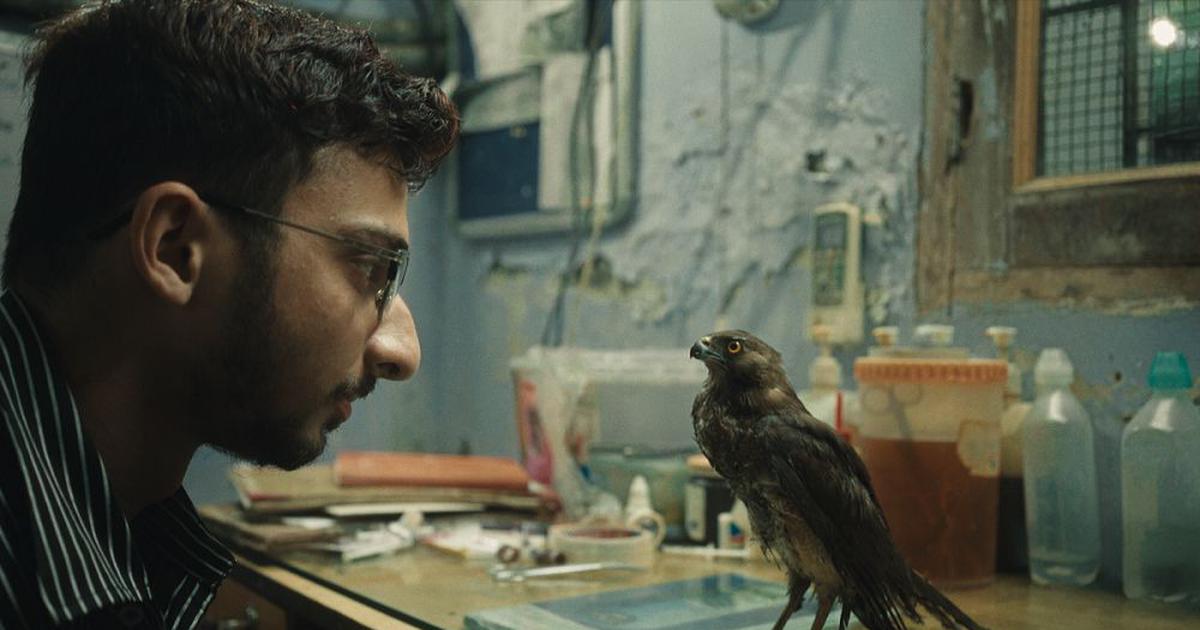
All That Breathes is a moving, intimate portrait of a wild bird rescue operation run lovingly by two brothers out of their basement in Delhi, India. On a shoestring budget, driven by compassion and the urgent plight of wild birds in a city fraught with environmental and social challenges, the brothers rescue, treat and rehabilitate over 2000 birds a year. Limited by lack of funds and the challenge of their urban location, their sheer tenacity is a force to be reckoned with as they soldier on, saving birds as best they can. The film captures a cascade of intense moments from heart-wrenchingly sad to gloriously triumphant. If there is a subtle thread of the existential environmental dread at the heart of, it only underscores the urgency of this selfless work. All That Breathes is humble, life-affirming filmmaking at its finest.
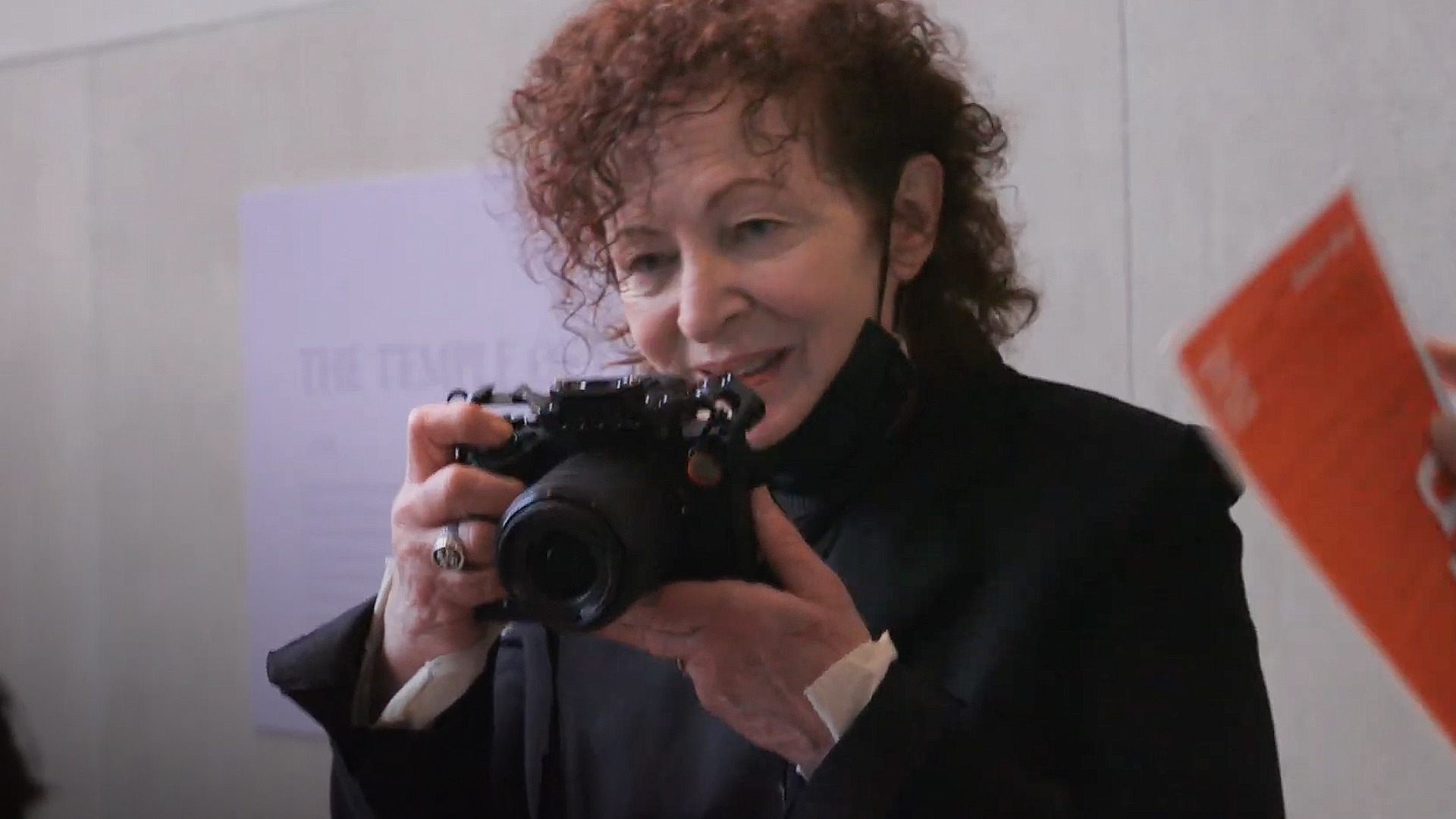
Ostensibly a chronicle of photographer Nan Goldin’s activism surrounding the Sackler family and the deadly opioid crisis, All the Beauty and the Bloodshed is also a moving portrait of an artistic career. From childhood trauma to her youthful immersion in the decadent Bowery, to her uncompromising work documenting the intimate, messy, incandescent lives of her friends in the art world. The film is a revelatory, redemptive odyssey, chock full of archival images and video, that draws both subtle and incendiary connections between Goldin’s impassioned activism and her iconoclastic status as an authentic artist bridging the 20th and 21st centuries.
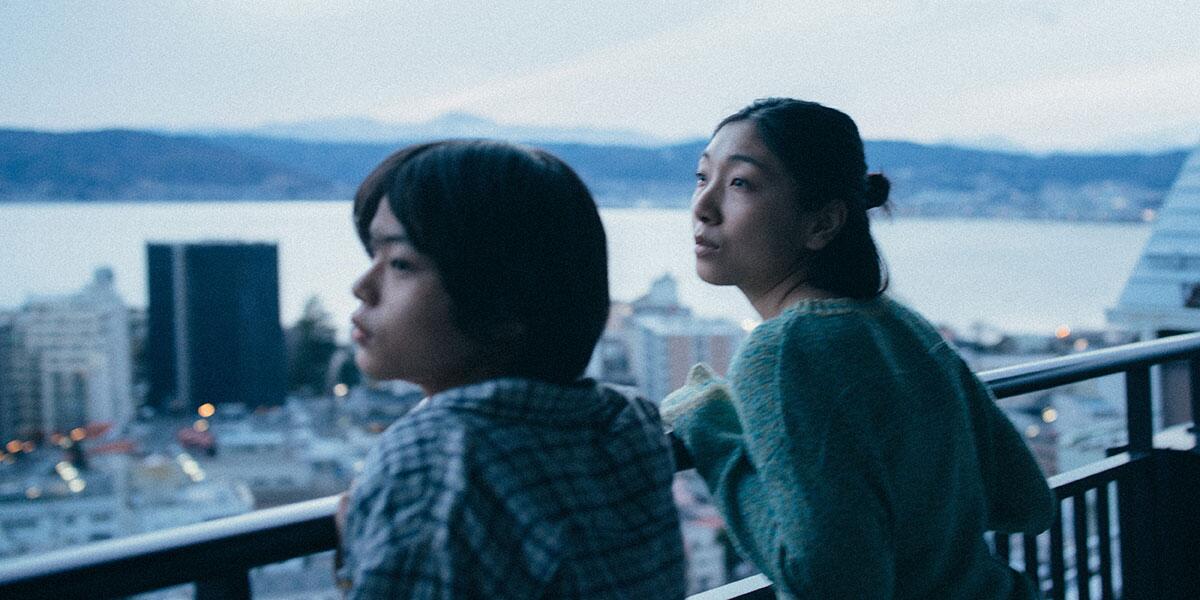
Several of the Best Movie nominations also feature seemingly-small narratives that illuminate larger world problems linked to human struggle and compassion, and the films focused on children’s experiences are particularly powerful. Filmmaker Hirokazu Kore-Eda will be the featured guest at this year’s Awards ceremony, and is also a nominee for Best Director and Best Editing. His film Monster is an intriguing drama told from multiple perspectives that unfolds into an intricate coming-of-age story. The separate segments gradually reveal how their central characters are related, with narratives of bullying and regimented protocols of education in Japan. Monster is ultimately a tender, moving story that delves into childhood’s more painful, unbearable moments, and artfully conveying the struggle of adults trying to meet unachievable expectations.
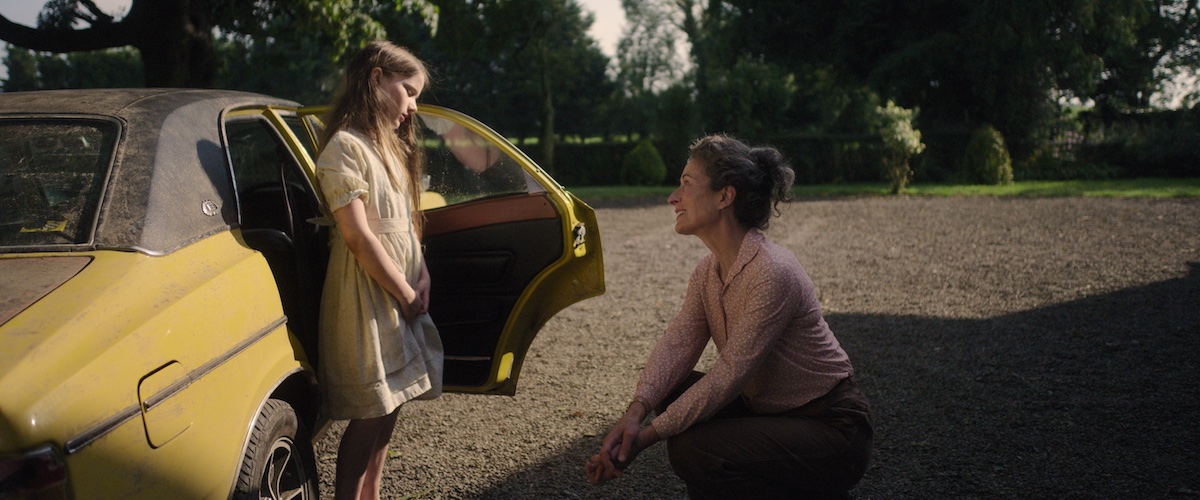
A brilliant debut from Irish director Colm Bairéad, The Quiet Girl is a rare Irish-language story that is a marvel of simplicity, subtlety and emotional depth. 12-year-old Caít (Catherine Clinch, nominated for Best Breakout performance) brought to a relative’s country home one summer, a respite from the neglectful chaos of her family’s urban residence. Living for the first time with consistent comfort and kindness, shy Caít comes out her shell, but still prefers listening to talking, and is accepted as she is. Best Cinematography nominee Kate McCullough creates a gorgeous look for this film in which visuals tell such a large part of the story, showing a child’s view of nature, its healing rhythms and soul-transforming beauty. The Quiet Girl is also nominated for Best Adapted Screenplay, written by Bairéad, based on Claire Keegan’s award-winning novella Foster.
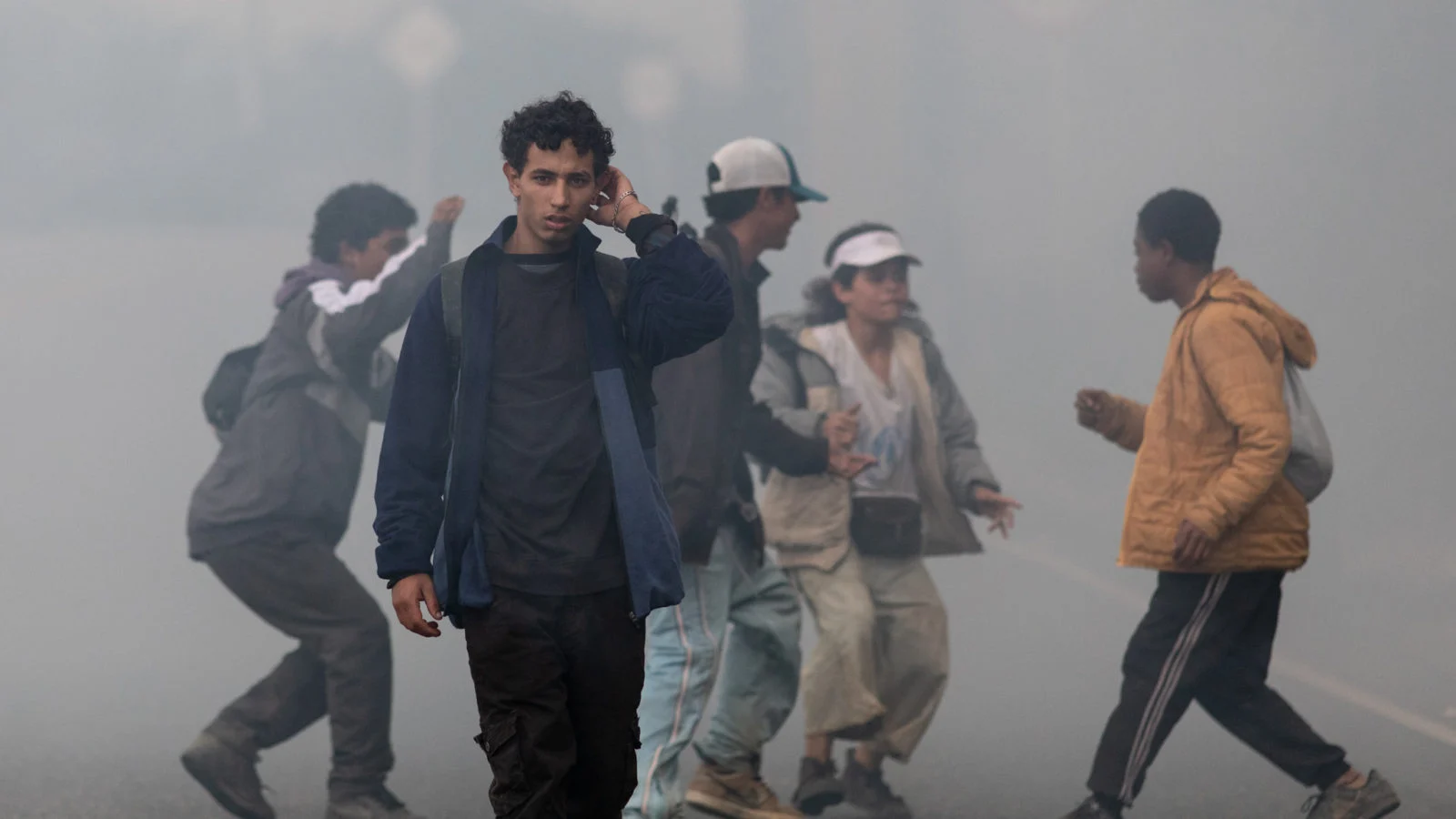
The Kings of the World (also a nominee for Best Ensemble Performance) follows a group of Columbian boys who are still children, but must navigate the world as adults. Fed up with the poverty and hardship of their lives on the streets of Medellín, the boys embark on an often-treacherous journey to find a parcel of land to call their own. Their reckless courage and boundless appreciation for every small kindness bolsters them as hunger and exhaustion take their toll. Laura Mora Ortega directs with sensitive expertise, layering stark realism with brief but profound touches of earthy magic, helped along by the stunning cinematography by nominee David Gallego, who deftly shifts from gritty urban realism to capturing vast, bucolic landscapes that beckon with profound peace and mystery.
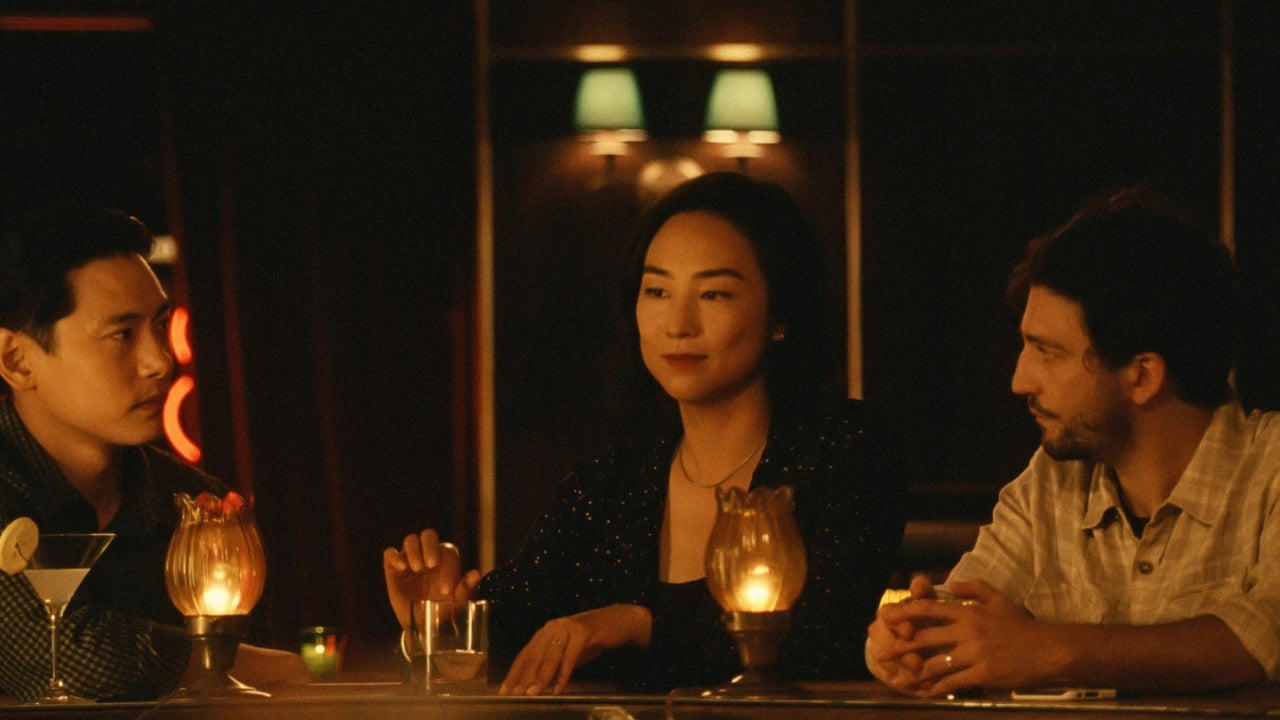
Past Lives seems at first to be a story of unrequited love, but is much more. Nora (Greta Lee, nominated for Best Performance in a Lead Role) and Hae Sung are close childhood friends in South Korea, who must separate when Nora’s family moves to the United States. Two decades later, the two are reunited for a weekend when Hae Sung pays a visit to Nora, now married and living in New York. Though there is a subtle culture clash, the two are still deeply connected to their youthful memories and the intensity of their formative bond. The film invites viewers, perhaps, to consider the ways that choices, fate, and destiny shape our lives and the people we become. Celine Song (nominated for Best Director and Best Screenplay) crafts this deeply moving (and somewhat autobiographical) story without a hint of artifice or sentimentality: the actors (including Best Performance in a Supporting Role nominee John Magaro as Nora’s thoughtful husband) artfully anchor the plot with warmth, nuance and authenticity.
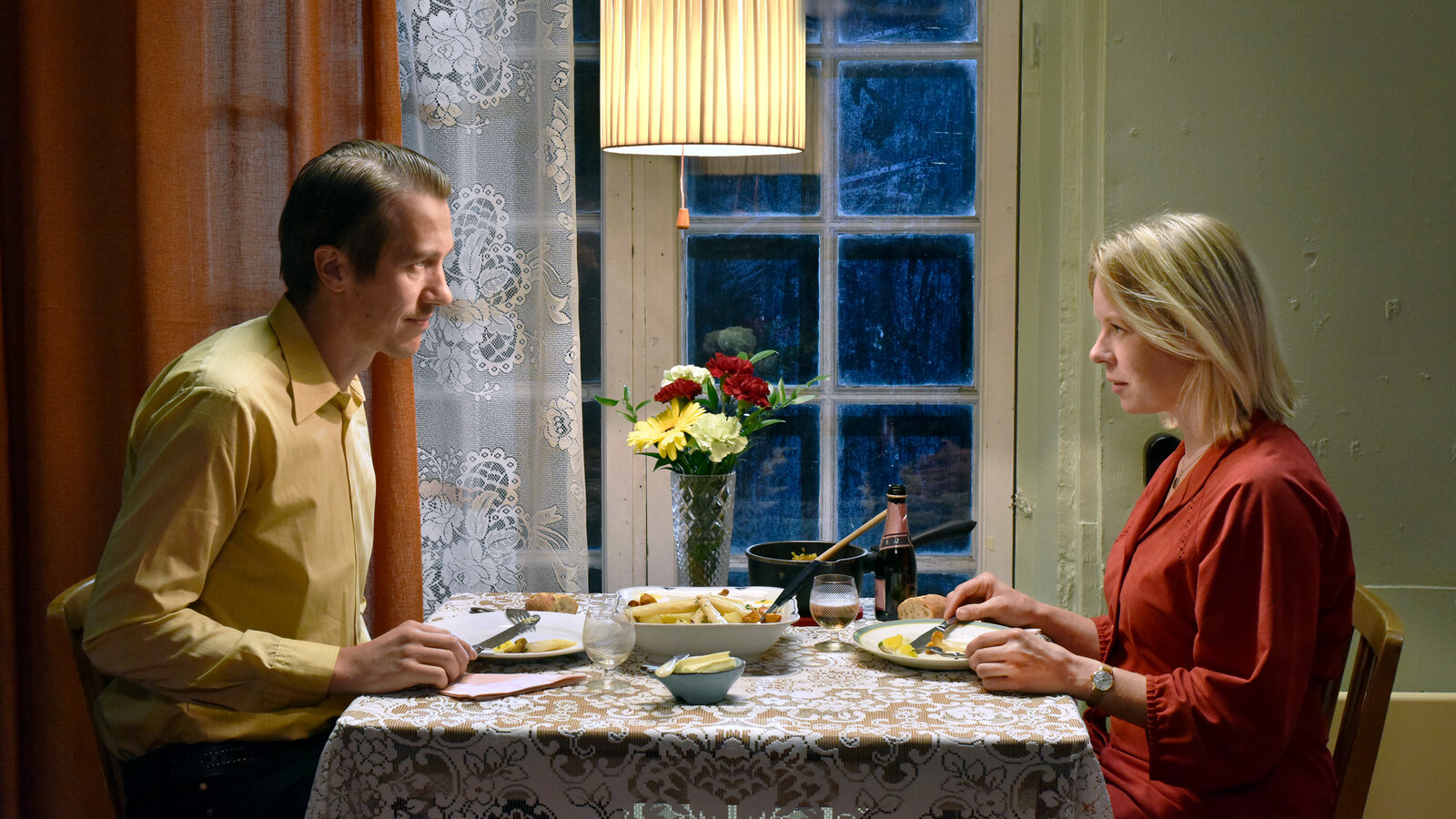
Nominated for a number of awards including Best Director and Best Original Screenplay (Aki Kaurismäki), Best Production Design (Ville Grönroos), and Best Editing (Samu Heikkilä ), Fallen Leaves is one of those films that seems very simply constructed but is in fact a masterpiece of style. This starkly-rendered but gentle love story set in Helsinki balances its light and dark tonal moments with a realistic but vivid mise-en-scène of colorful visuals and eclectic music choices. The somewhat deadpan feel of the acting lands perfectly in this story of two lonely people who find each other within a seemingly drab world of routine and hardship. It would feel like a maudlin fairy tale if not for the very human pain and struggle at its core. The film’s occasional touches of lightness and whimsy are so deftly applied they feel divinely inspired. In a year characterized by brilliant and iconic works of cinema, Fallen Leaves is one of 2023’s most original and unforgettable films.
